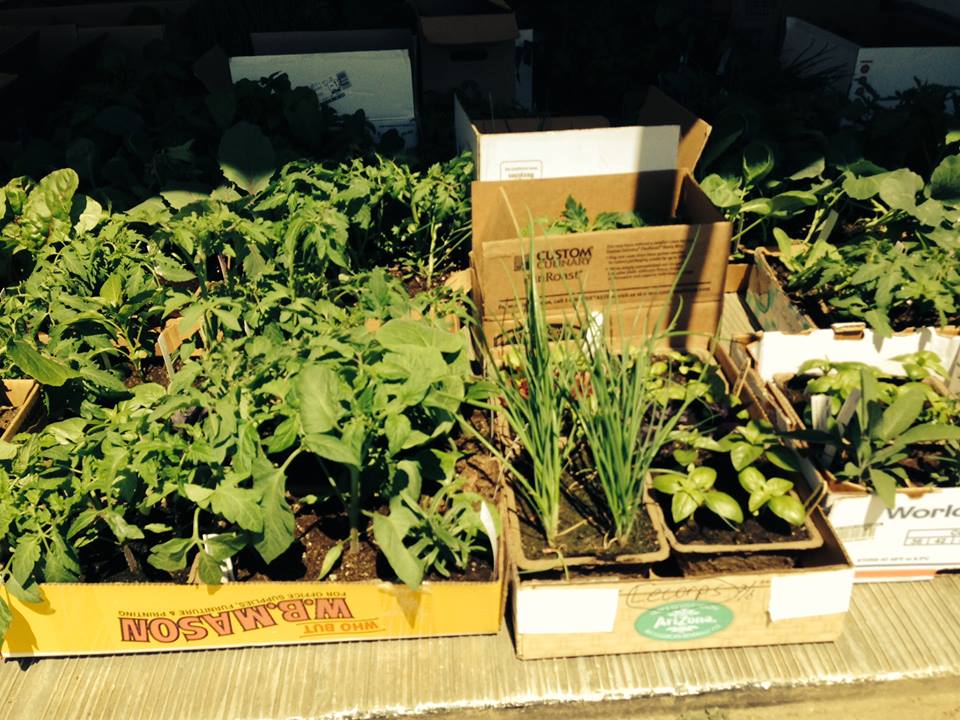
The concept of regional food hubs has been around for a while, but it’s only in the past five years or so that people have started talking about them as solutions for urban food access. They’re growing in popularity in larger cities like Washington, DC, Chicago, Detroit and Seattle, but do they make sense for Worcester?
A lot of local folks think so.
In February, a presentation on building a regional food hub for Worcester attracted a diverse range of partners and local stakeholders. Hosted by the Worcester Chamber of Commerce and the Regional Environmental Council, the panel discussion focused on the benefits of a regional food hub for local small farmers and area businesses and institutions. The takeaway from the event was clear: a well-designed regional food hub can provide the underlying infrastructure that makes our food distribution system work better for all involved partners.
What is a food hub?
According to the National Food Hub Collaboration,
a food hub is a business or organization that actively manages the aggregation, distribution, and marketing of source-identified food products primarily from local and regional producers in order to satisfy wholesale, retail, and institutional demand
That’s a mouthful. In simpler terms:
a food hub is a business or organization that serves as a central connector between local food producers and local stores, restaurants, wholesalers and institutions that want to increase the local food choices they provide to consumers. It means
- more access to larger markets for farmers
- more access to local foods for businesses
- more delicious, healthy local food choices on menus and market shelves for consumers.
Aren’t Farmers Markets and CSAs Enough?
In a word, no. We love and support farmers markets and CSAs, and are thrilled that Worcester provides so many opportunities for all residents to buy direct from farmers. But farmers markets and CSAs can only go so far in providing healthy, local foods for all of our residents – and they have some limitations for small to medium-size farms as well. Here are some of the pros and cons of each farmer-to-consumer model.
Farm to Table – Three Models Comparison
| Model | Pros | Cons |
| Farmers Markets |
|
|
| CSAs |
|
|
| Food Hub |
|
|
As this table makes obvious, farmers markets, CSAs and food distribution hubs all have very different roles in a sustainable, long-term food plan for any city or region, and all of them offer different benefits and drawbacks. Worcester currently has a thriving farmers market culture and several functioning CSAs, and would benefit greatly from a a local food hub. In a later post, we’ll highlight 10 reasons that a food hub makes sense for Worcester.




Ongoing discussions and proposals can work towards creating the connections necessary to support regional food producers, and will serve to highlight the desirability of ready access to more locally produced and healthier food choices; especially in terms of vegetables
.